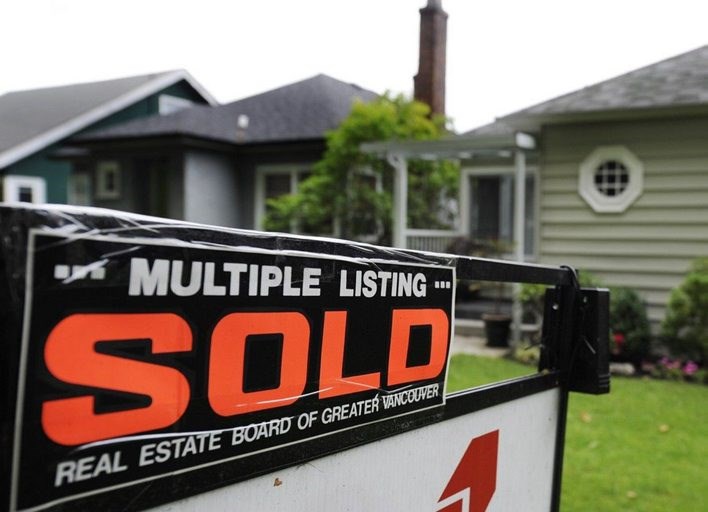 People fretting about foreign buyers’ reaction to the new real-estate tax being imposed on them need to keep one thing in mind — nobody in the legislature cares much about what the foreigners think.
People fretting about foreign buyers’ reaction to the new real-estate tax being imposed on them need to keep one thing in mind — nobody in the legislature cares much about what the foreigners think.
Premier Christy Clark and Finance Minister Mike de Jong made it clear this week the 15 per cent tax on foreign buyers in metro Vancouver is designed more as a punitive measure to curb their deals, rather than as a revenue generator. It’s implicit in the new slogan being used to explain the tax — “putting British Columbians first.”
When it kicks in Tuesday, it will hike the property-transfer tax astronomically on foreign buyers. That tax is already bringing in hundreds of millions dollars more than was anticipated.
The new rate could increase the windfall even more, if it doesn’t backfire and burst the bubble entirely.
But the potential extra revenue — all of it earmarked for a new housing fund — is incidental. The real thrust is to suppress the market by discouraging foreign buyers.
Clark said the government is “making sure British Columbians get first crack and best crack at buying new homes.”
The ultimate goal is to affect demand by making it “a little tougher for foreign buyers to find their way into our market,” she said. “If we can make it a little bit harder for those wealthy foreign buyers, we’re going to make it a whole lot easier for those middle-class British Columbians we want to put first.”
De Jong said it was ironic that revenue generation isn’t the primary motive. “Our objective is to diminish the amount of foreign involvement.”
Opposition New Democrats usually rush to the aid of any and all victims of new taxes. But in this case, they’ve been advocating such a move for months.
Rightly or wrongly, foreign buyers — the vast majority of them Chinese — have been cast in the role of villains in the tax drama playing out in the legislature this week. Which is a bit jarring to watch from a government that supports free trade and routinely launches Pacific Rim trade missions to court foreign investors.
But the public mood has determined the roles over the past few years and the parties are just following suit.
The working estimate of the share of B.C. real estate bought by foreigners doubled Tuesday, one day after the tax was announced.
Finance Minister Mike de Jong released another batch of data based on 32 days of sales ending July 14. There were 1,276 foreign buyers. That’s a 6.6 per cent share of the province-wide market, more than twice the estimate based on the first release of just 19 days’ worth of sales.
In Metro Vancouver, where half of all B.C. sales occurred, foreigners bought $886 million worth of homes, about 10 per cent of the residential sales value over that period.
That’s twice the share that was determined in the first release of data.
The new information is being used to buttress the case — retroactively — for the tax. The Finance Ministry will release the data routinely from here on. It’s based on the new question about citizenship and residency that was put on the tax form in June.
De Jong’s initial plan was to compile the information over six months to a year, then analyze it and consider the findings. But the political pressure around affordability forced him into hurry-up mode.
Based on one month’s data, the government says foreign investment is only one factor driving price increases, but it’s an additional pressure on a market that is struggling to meet demand.
B.C. Liberals will be holding their breath to see if the foreign-buyers tax accomplishes its goal or creates more problems.
They’ll also be watching to see how Vancouver’s upcoming vacancy tax works. In the meantime, they’ll be rolling out other housing-affordability measures in the next few months. The emphasis so far has been on the demand side, so there may be more attention on supply.
One thing the surprise foreign-buyer tax proves — the government isn’t afraid to make bold moves to meet public demand.



